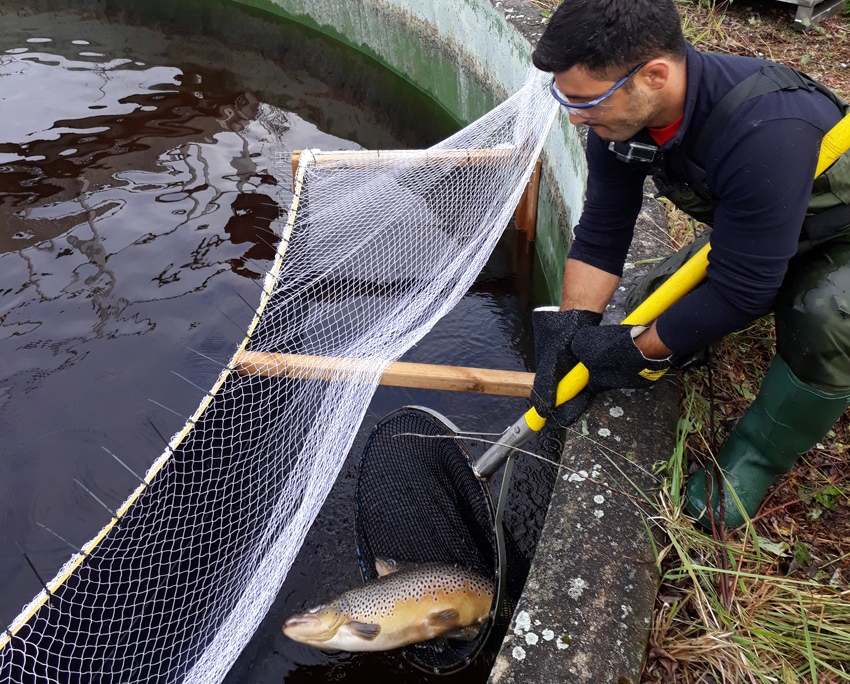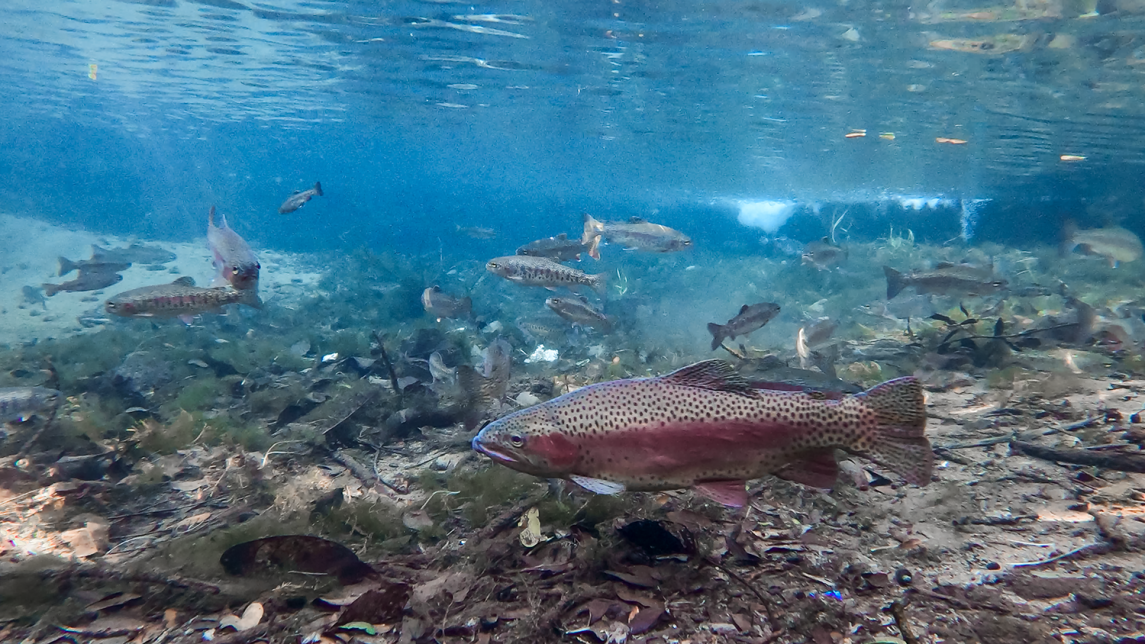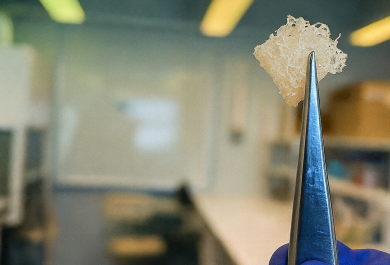A Doctoral Researcher Luca Pettinau examined whether the heart performance of fish in fish farms can be enhanced with swimming exercises. Regular swimming exercises with moderate exertion improved the heart performance of the fish, as well as their ability to tolerate higher temperatures. Increasing the strain on adult fish also improved the growth and survival of their offspring.
Climate change is increasing the severity and frequency of marine heatwaves, compromising the physiological limits of fish and other aquatic animals. As summers become hotter, fish mass mortalities are becoming more frequent.
Fishes are not only vital to ocean ecosystems but also crucial for human activities like fisheries and aquaculture. Therefore, there is an important need to understand the physiological ability of fish to cope with high temperatures and to provide solutions to increase their resilience to heatwaves.
Previous studies have suggested that temperature tolerance of fish is strongly related to cardiac function.
In his research, Pettinau observed rainbow trouts and brown trouts in Enonkoski, in the Natural Resources Institute Finland’s aquaculture facilities, and trained the fish in rearing tanks, which were modified for exercise training purposes. Pettinau studied the mechanisms that allow the fish heart to adjust its function to cope with environmental changes, such as warming water or low oxygen levels.

Luca Pettinau catching an adult brown trout in the Enonkoski facility. Photo: Katja Anttila
The research showed that fish need a strong and athletic heart to be able to flexibly respond to these environmental challenges.
“However, hatchery fish are usually cultivated in low water flow and they get their food without any effort. Thus, they are fish world’s couch potatoes. In my thesis I studied, if swimming training can strengthen the heart so that also the tolerance of fish to increased temperatures is improved”, Pettinau says.
By training fish with several swimming exercise programs for 5 weeks, Pettinau found that a mild training intensity enhanced heart performance and heart thermal tolerance. He also investigated how maternal exercise training can have cascading effects on the offspring. Exercise training not only enhances the heart physiology of the trained fish but also improves its reproduction, and offspring’s survival and growth.
“Taken together, my results suggest that by increasing the water flow in the rearing tanks, we can improve heart physiology and reproduction, as well as the growth rate of the next generation. With the upcoming increase in water temperatures, these findings have important implications for the sectors where fish are bred in captivity: aquaculture, and conservation programs, providing a valid practice to enhance the resilience of fish to global warming”, Pettinau says.
***
MSc Luca Pettinau defends his dissertation titled ”Enhancing fish tolerance to global warming through swimming exercise training” at the University of Turku on 8 September 2023 at 12.00 pm (University of Turku, Main building, Tauno Nurmela lecture hall, Turku).
The audience can participate in the defence by remote access
Opponent: Dr David McKenzie (Université de Montpellier)
Custos: Professor Katja Anttila (University of Turku)
Contact details: luca.pettinau@utu.fi
> Doctoral dissertation at UTUpub
Photos
> Portrait of the doctoral researcher
> Rainbow trout swimming in natural waters Kuva: Luca Pettinau.
> Researcher catching an adult brown trout in the Enonkoski facility Kuva: Katja Anttila
> Video: fish training excercise in medium intensity
In the research the fish were trained with low, mild and high intensity. The mild intensity exercise was shown to be most effective for enhancing the fish heart performance.




